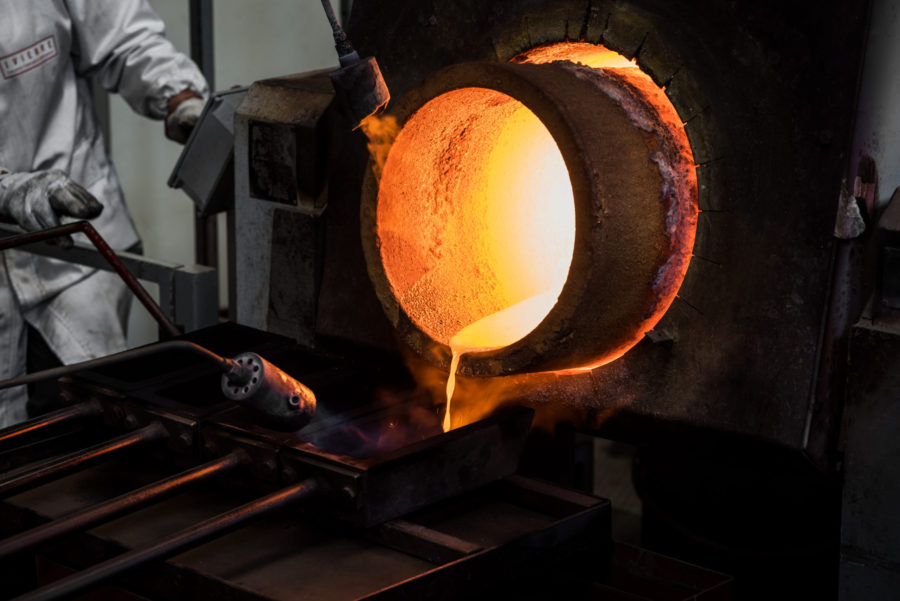Congo to formalize gold trade, change tax

Democratic Republic of Congo will implement several initiatives to increase revenue and improve financial transparency in the new year, including a plan to formalize the artisanal gold trade and amend an agriculture law to encourage foreign investment, government officials said.
The copper and cobalt producer is looking to diversify its sources of income after a bumper year in mining that will result in nearly 7% economic growth. The government also plans to expand income taxes and offer tax exemptions in special economic zones, the officials said.
“The goal is to become a processing country, not just a production country,” Finance Minister Nicolas Kazadi said last week on the sidelines of a US-Africa Summit.
Congo is one of the world’s richest countries in terms of natural resources but has long been seen as a difficult place to do business due to corruption, conflict and limited infrastructure. Millions are currently displaced in the east of the country due to fighting fueled in part by the illicit trade in minerals like tantalum and gold.
The government is hoping to break that link after signing a deal with the United Arab Emirates “that will allow us to buy all the gold produced by the artisanal sector,” Kazadi said.
Most of Congo’s smuggled gold transits through Rwanda and Uganda and ends up in Dubai, he said. The UAE and Congo are putting infrastructure in place to formalize the market, he said, without giving more details.
Congo will launch its first gold refinery in the city of Bukavu sometime in 2023, Minister of Industry Julien Paluku said in an interview in Washington. The country is also creating special economic zones that benefit from 10 to 20 years of tax exemptions, Paluku said.
A Chinese tile company, Saphir Ceramics, will launch production in the first quarter of 2023 in the country’s first zone on the outskirts of Kinshasa. India’s Varun Beverages, a Pepsi bottler, and a pharmaceutical manufacturer are also expected to join them, he said.
Congo imports $460 million in pharmaceutical products each year, Paluku said.
The government is amending its agriculture law, which currently requires farming projects to be controlled by Congolese nationals, Anthony Nkinzo, the head of Congo’s National Investment Promotion Agency said in an interview.
The law will be amended in the coming year “so foreigners can be majority shareholders in terms of finance, under certain conditions,” Nkinzo said.
(By Michael J. Kavanagh)
More News
Gold price drops 3% on US jobs data beat
Spot prices fell as much as 4% to $4,880 per ounce, before parsing some losses.
February 12, 2026 | 10:09 am
{{ commodity.name }}
{{ post.title }}
{{ post.date }}




Comments